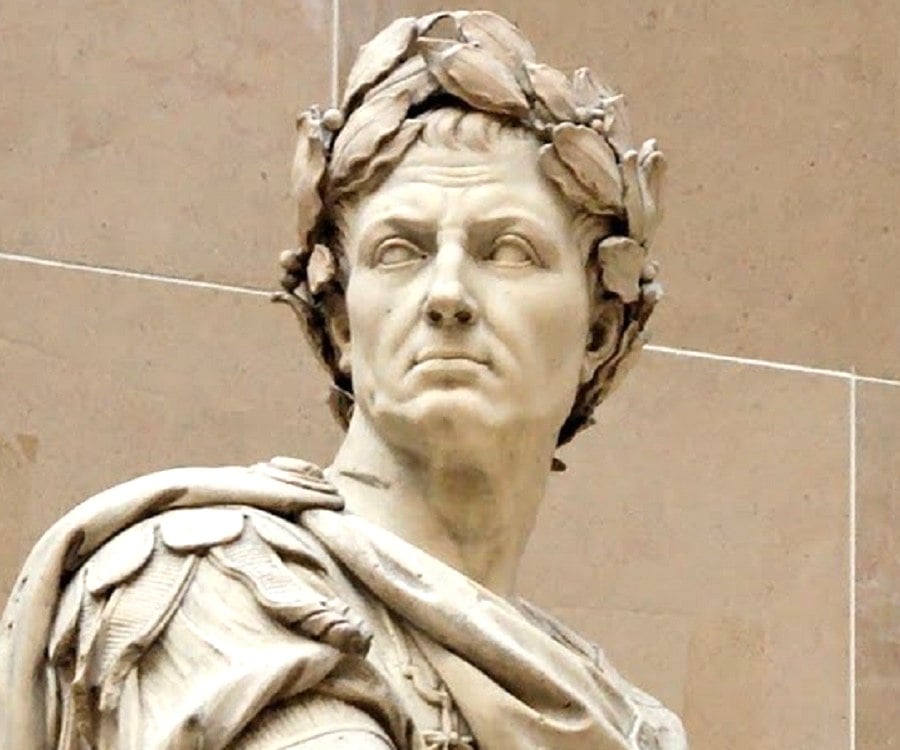Roman Empire
Geography: Rome had a cool and humid climate. The topography is multidisciplinary field of study that draws on archaeology, epigraphy, cartography, and philology. Rome had some natural resources such as clay, hydro-power or water, and timber. They considered slaves as natural resources. The clay could be used for making pottery. The Romans ate foods that they could grow such as vegetables.
Government: The way that it all started was with twins that were raised by wolves. Romulus and Remus. The three kinds of government were found tied together into one. Monarchy, aristocracy, and democracy were all found united together in Rome. At the heart of this government was the senate, a body of legislators chosen from a group of elite families. Patricians and the plebeians was the two broad classes they were divided into. The small group of aristocratic families and the plebeians, basically everybody else. The senate was sort of a mixture of legislature and giant advisory council. The main job was to set policy for the Councils. By tradition there were at least 300 members, chosen from the upper class of Roman society.
The twelve tables:
An important victory for the plebeians was to force the creation of a written law code. With a written out law patrician officials often interpreted the laws to suit themselves. In 451 B.C., a group of ten officials begun writing down Rome's laws. The laws were carved on twelve tablets, or tables, and hung in the forum.
The twelve tables:
An important victory for the plebeians was to force the creation of a written law code. With a written out law patrician officials often interpreted the laws to suit themselves. In 451 B.C., a group of ten officials begun writing down Rome's laws. The laws were carved on twelve tablets, or tables, and hung in the forum.
Achievements: The Roman Empire had many new techniques for building and construction of all types including Crete, their roads, Roman arches, and aqueducts. They had free standing sculptures, bronze castings, and vase art. Also had jewelry, and portrait paintings. An achievement was their language, Latin. The Colosseum was one of the greatest feats of Roman Engineering and a model for the ages. The name comes from the Latin word colossus meaning "gigantic." The Romans were very intelligent considering they could build all these big sculptures and have nice advanced houses to live in.

Social Class: The Romans were hierarchical. In the Roman empire slaves could not vote or women. Only free born males could vote. Women and slaves were expected to stay at home and clean and work. During the republic, everyone was excepted to be christian and follow the christian laws. The plebeians and patricians even after the 12 laws were created, were two of the most powerful groups.
Important people from Roman history:
Julius Caesar: a leader of Rome who fought very hard for the Roman Empire
Augustus: the most important ruler of the Roman Empire
Constantine: originally not a Christian, later converted to Christianity and got baptized
Scipio: came to plan to defeat Hannibal
Hannibal: did not want to join the roman Empire so he committed suicide

My Map
Bibliography:
Picture 1
World History Book
Link 1
Link 2
Link 3

Social Class: The Romans were hierarchical. In the Roman empire slaves could not vote or women. Only free born males could vote. Women and slaves were expected to stay at home and clean and work. During the republic, everyone was excepted to be christian and follow the christian laws. The plebeians and patricians even after the 12 laws were created, were two of the most powerful groups.
Important people from Roman history:
Julius Caesar: a leader of Rome who fought very hard for the Roman Empire
Augustus: the most important ruler of the Roman Empire
Constantine: originally not a Christian, later converted to Christianity and got baptized
Scipio: came to plan to defeat Hannibal
Hannibal: did not want to join the roman Empire so he committed suicide

My Map
Bibliography:
Picture 1
World History Book
Link 1
Link 2
Link 3
No comments:
Post a Comment